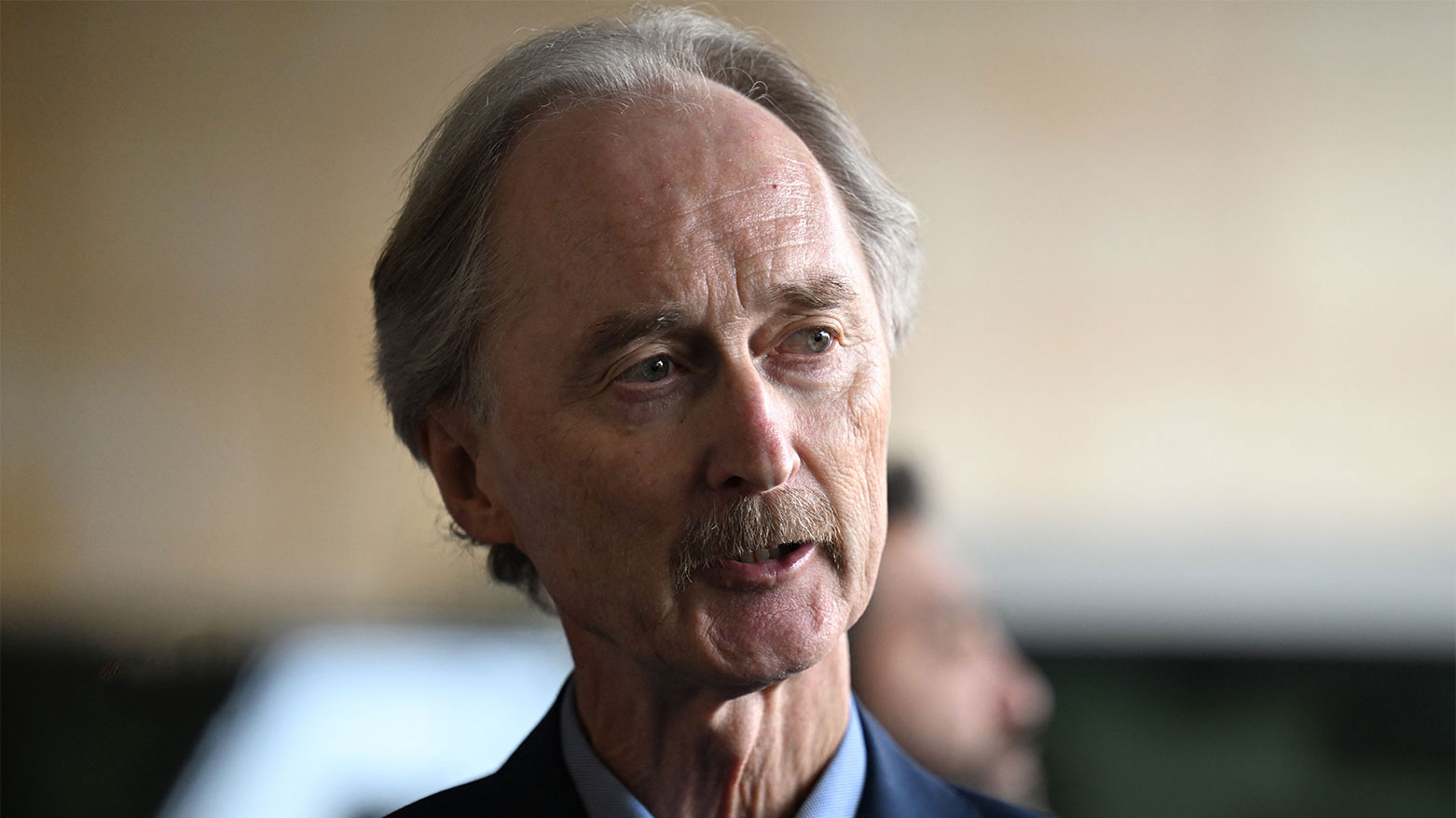UN Highlights Importance of SDF-Syrian Government Agreement to Syria’s Political Future
“If the state is perceived as a threat by key constituencies, positions harden,” he said. “But if groups like the SDF are embraced as partners in rebuilding Syria, there remains a real chance for unity and peace.”

ERBIL (Kurdistan24) – The United Nations’ Special Envoy for Syria, Geir O. Pedersen, has emphasized the critical role of the Syrian Democratic Forces (SDF) in shaping the country’s political future, despite renewed instability and growing fragmentation across the nation.
In a recent briefing to the UN Security Council, Pedersen condemned rising violence, particularly intercommunal clashes in Suwayda and Israeli airstrikes in Syria, calling the current conditions a “serious setback” for the country's transition. “This past month has rocked Syria’s transition,” he said, referencing a surge in casualties, violations of international law, and foreign interference.
Still, Pedersen underscored ongoing international support for a March 10 agreement between the Syrian government and the Kurdish-led SDF — a US-backed force that has played a pivotal role in defeating ISIS and maintaining relative stability in northeastern Syria (Rojava).
The deal, if implemented, would integrate the SDF into Syria’s national institutions, enshrine constitutional protections for all ethnic and religious groups, and establish a long-overdue nationwide ceasefire.
“The agreement remains a cornerstone for a sustainable transition,” Pedersen noted. “Despite setbacks, the SDF continues to engage constructively with international stakeholders and transitional authorities.”
A recent round of talks, which included US and French diplomats, failed to resolve key disagreements between Damascus and SDF leadership, but Pedersen confirmed another meeting is tentatively scheduled in Paris. “Continued dialogue is essential,” he said.
The SDF, widely respected for its inclusive governance model and consistent fight against extremism, has called for guarantees that local autonomy and minority rights will be preserved in any future political settlement.
Pedersen concluded with a strong warning against stalling the transition process. “If the state is perceived as a threat by key constituencies, positions harden,” he said. “But if groups like the SDF are embraced as partners in rebuilding Syria, there remains a real chance for unity and peace.”
He urged all actors to show “flexibility and wisdom,” emphasizing that failure is not an option: “The Syrian political transition simply cannot fail.”
